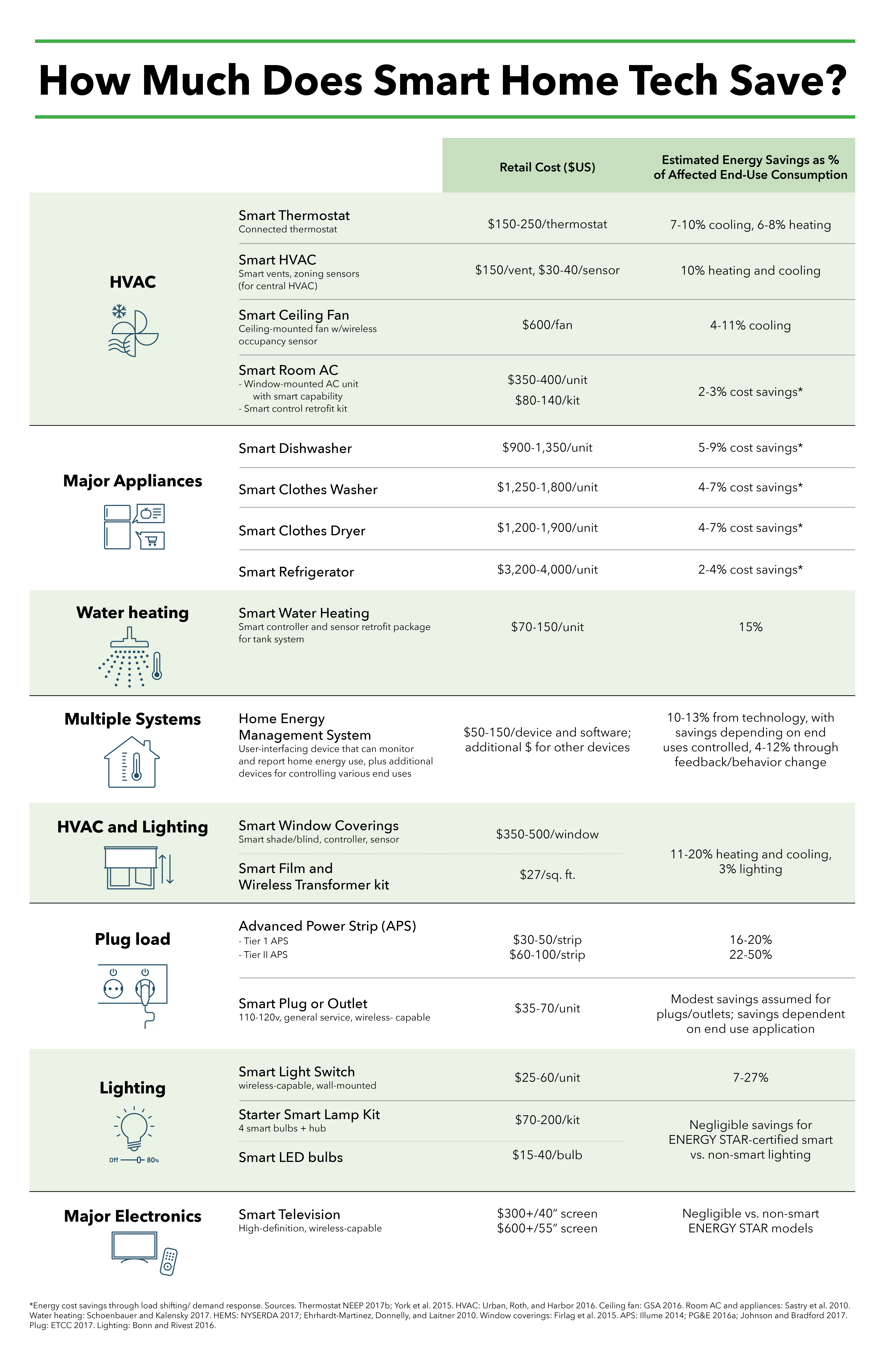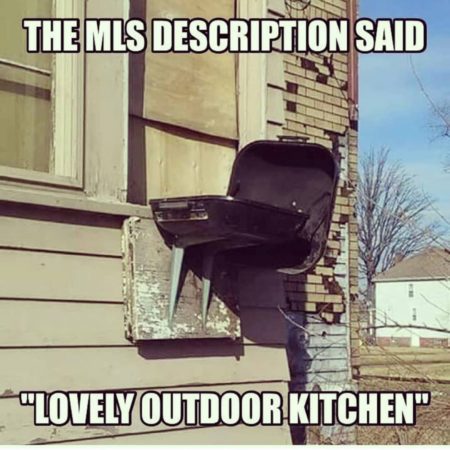8 Tips for Stellar Negotiations
An agent can become a successful negotiator with practice. Pass these actionable tips on to your team or use them in your next sales meeting.
Ed Brodow’s girlfriend recently bought a house.
“The amount of negotiation going on was unbelievable—her and her agent, her agent and the other agent, the people selling the house, the people selling the house they wanted to buy, and the lenders. It never stopped,” he says.
Brodow is a negotiation expert and author of Negotiation Boot Camp: How to Resolve Conflict, Satisfy Customers, and Make Better Deals (self-published, 2014). Even he was surprised by the intensity of the transaction. “It’s important to have a REALTOR® who knows what they are doing,” he adds.
In a world where consumers have an abundance of real estate information at their fingertips, being a solid negotiator is a point of differentiation and value as a real estate professional.
“Everything that an agent used to have control over is slowing dissipating,” says Christine Kim, president of Climb Real Estate in San Francisco. “Technology takes care of the first line of defense of information that agents used to have more control over.”
Sellers still hold a lot of the cards, she says, especially in her area of the country where multiple offers remains the norm and lack of inventory persists. Sometimes, an agent’s negotiation skills can be the difference between winning the bid or not, she says.
Kim also believes this important and valuable trait can be learned. “I was afraid at first, but you have to be open to putting yourself out there,” she says.
Why Some Agents Aren’t Good at Negotiating
Brodow thinks it can be a cultural thing. “We’ve been taught that negotiating is perceived as being petty or being a haggler. It’s somehow cast a bad shadow on people’s character,” he says. A big part of negotiating involves confrontation, which some people just can’t handle, Brodow says.
Growing up in Brooklyn, Brodow says, confrontation was commonplace—a part of living there. The minute he walked out the door of his home, he was confronted with noise, people, traffic, and pollution. “Confrontation was part of my normal day. But those who are in a less urbanized area, they aren’t as accustomed to that,” he says.
Practice Makes a Negotiator
Brodow is in agreement with Kim—negotiation is a trait that most people can learn through experience, trial and error, and building certain skill sets. Here are eight tips from Brodow and Kim on what it takes to be successful at negotiating in real estate.
Be open to learn. Agents have to be able to put themselves in uncomfortable situations, Kim says. A person must have the ability to look back and learn what they could have done differently to become better when negotiating. Have rookie agents shadow other agents who do it well. Ask agents to take classes on negotiating to perfect their own style. Or conduct classes at your brokerage on a regular basis. Even experienced agents can use a refresher.
Phone or meet the other agent in person. Have your agents get the other agent on the phone, Kim says. If they are negotiating with another agent, they should go meet them to build a good rapport. Ask your agents to attend open houses to meet other agents from the community. This will make things smoother the next time they do a deal with them. “We are all allies. You can get an idea of who that person is, and they will remember you. You aren’t a stranger on a text anymore,” she adds. You want your agents to have a good reputation so agents at other firms want to work with them.
Ask for what you want. Agents shouldn’t be wishy-washy, Brodow says. “You need to be willing to put it out there and ask. People are afraid to ask for what they want.” Your agents also have to be willing to challenge what the other side says. They have a position, and the other side has a position, and your agent has to challenge that position. If your agent doesn’t, they’re guaranteed to lose, he adds. Learning how to push back with tact is key in real estate.
Be a great listener. Agents can pick up on things that will give them the upper hand that others might miss, Kim says. “There are so many nuggets of gold you can attain by just being present.”
Give nothing away without getting something. This is key in real estate, Brodow says. “You always get something in return.” If your seller is asking $500,000, but the agent tells a buyer’s agent they would be willing to come down to $450,000, that’s a disaster, he adds. The agent just negotiated against him or herself. An agent should never give up the seller’s rock-bottom price right away. Instead, the agent could say that the seller is willing to come down to $475,000 and to close in two weeks if the buyer pays cash. If the answer is no, then listing agent isn’t obligated to come down. Or, if the buyer is financing the purchase, there’s more room to negotiate between $475,000 and $500,000. Never make unilateral concessions, Brodow says.
Frame an offer eloquently. Kim says that agents have to learn to get their foot in the door with negotiations. She believes it’s how the offer is written or the way an agent talks to the agent on the other side of the table. These skills can make or break negotiations. For example, your agent should tell the other agent, “I know the offer is low, but please take it back to the seller and let’s get the conversation going.”
Understand you have choices. An agent should always be willing to walk away, Brodow says. If there are five other people bidding on a client’s dream house, then your agent might just have to bite the bullet and be honest with their clients and say it’s going to go way over their budget. Your agent can always find them another dream house.
Slow down. Many people aren’t patient in today’s world, Brodow says. They are used to instant gratification. As a negotiator, an agent can use that to their advantage. If the other side is in a hurry, that’s when the agent can figure out what will win the deal because they want it done fast.
The job of your agents is to talk to people. They should be out in the community, talking to residents, asking why they bought or sold their house. “Negotiators are like detectives,” Brodow says. “You have to ask a lot of questions and be persistent.”

Broker-to-Broker is an information network that provides insights and tools with business value through timely articles, videos, Q&As, and sales meeting tips for brokerage owners and managers. Get more Broker-to-Broker content here.








